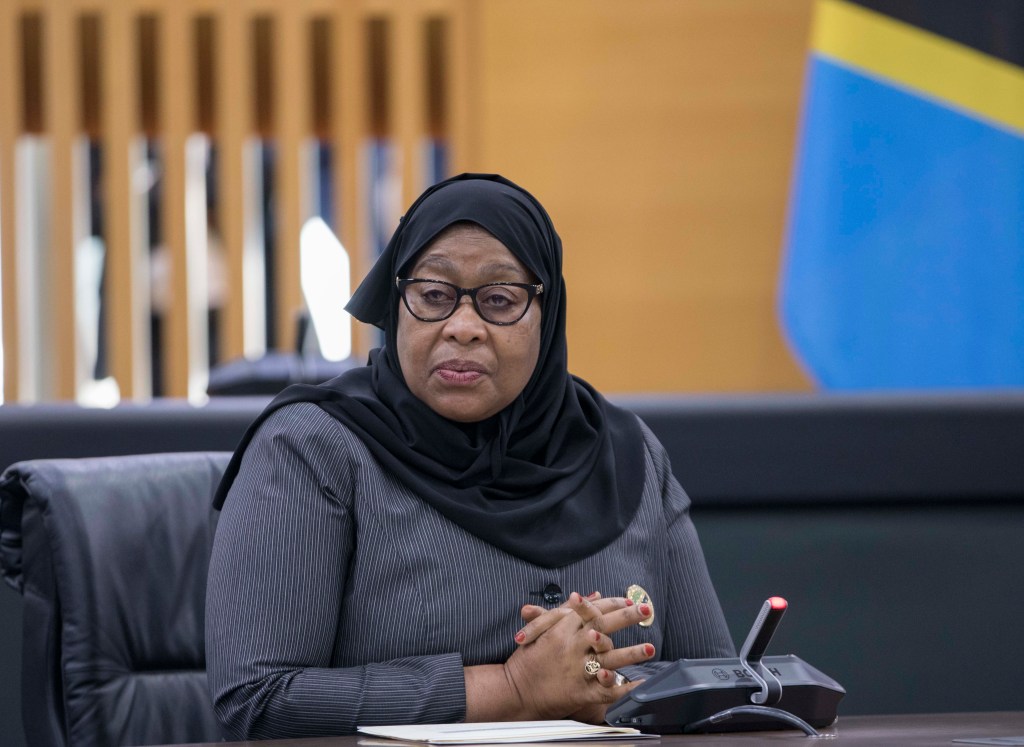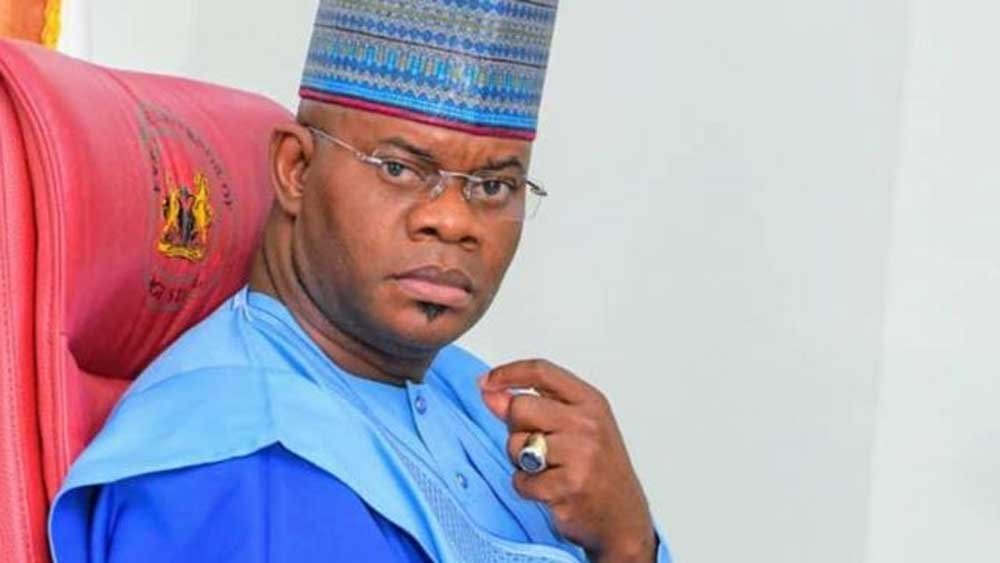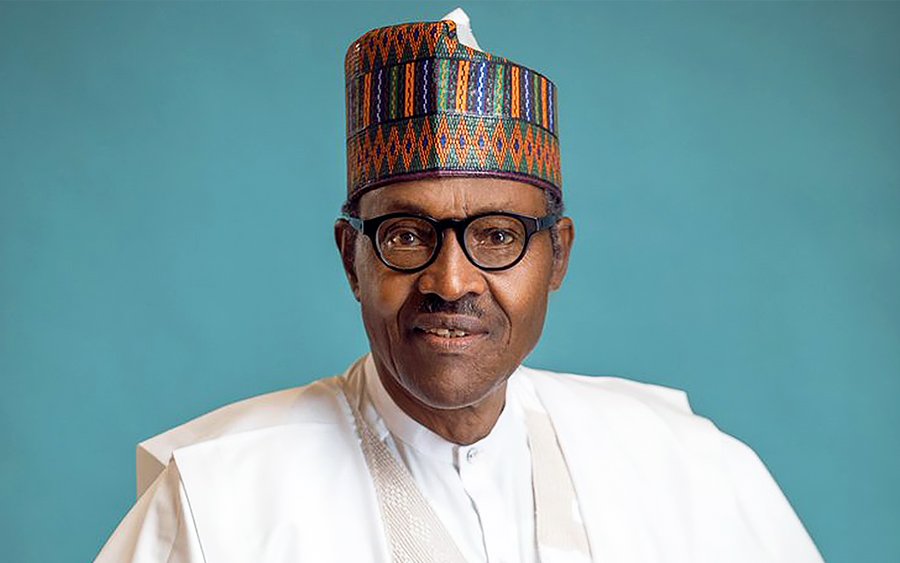Provisional results from Tanzania’s electoral commission indicate that President Samia Suluhu is taking an early lead in the October 29 polls, despite ongoing protests over the exclusion of opposition leaders from the ballot. Suluhu is anticipated to secure a five-year term, although credibility concerns loom over the electoral process.
International rights groups have criticized the elections, which have been marked by low voter turnout, a night curfew, and an internet shutdown. Protests have erupted in major cities, resulting in at least four fatalities since election day. The government has blocked internet access and imposed a curfew in response to the unrest.
Demonstrators are demanding the invalidation of the elections, citing the months-long detention of opposition leader Tundu Lissu, who was unable to run. Many protesters have turned to online platforms, using VPNs to bypass the internet restrictions.
Omar Said Shabaan, chief counsel of the opposition party ACT Wazalendo, noted that digital mobilization has prompted the government to impose a blanket internet block. He stated that the situation reflects “an erosion of trust” in the ruling Chama Cha Mapinduzi (CCM) party.
Protesters are also calling for Lissu’s release, a transitional government, constitutional reforms, and free elections. Frustration is particularly evident among Gen Z and younger millennial Tanzanians, echoing recent youth-led protests in neighboring countries.
The election turmoil highlights a deteriorating human rights situation in Tanzania, drawing scrutiny from international observers. The treatment of Lissu has intensified public dissatisfaction with the ruling party, raising questions about whether the government will make concessions to opposition leaders or resort to further repression.
Continental and regional bodies, including the African Union, have faced criticism for not adequately addressing human rights violations in Tanzania ahead of the elections.







